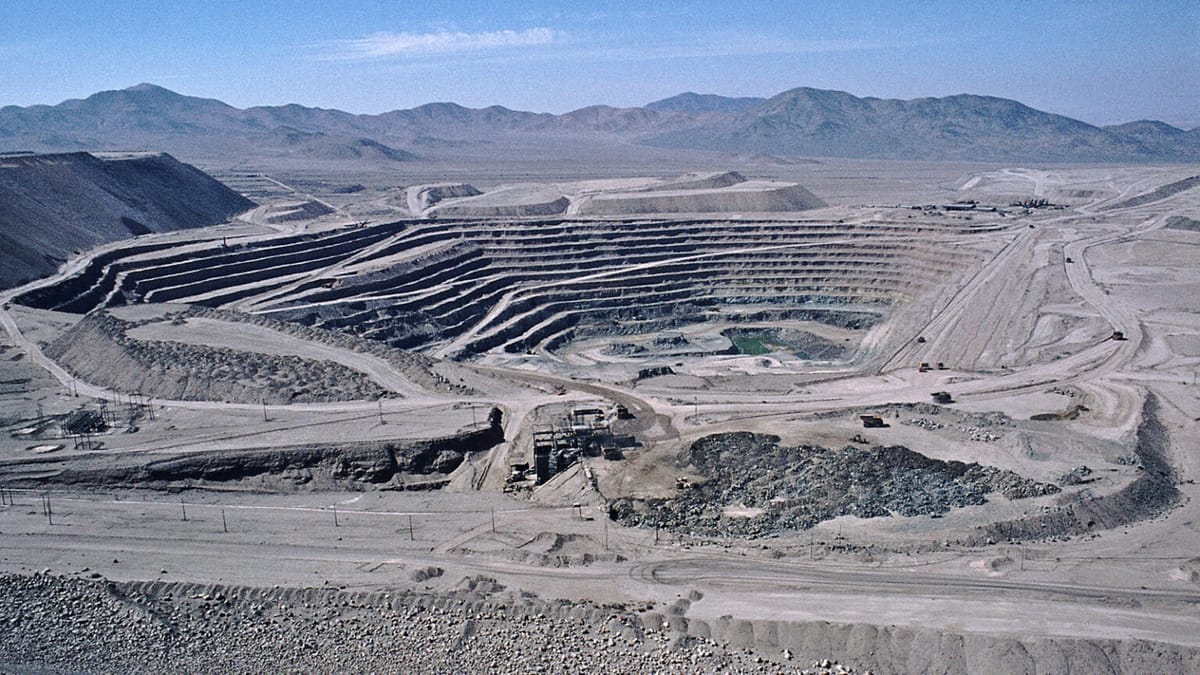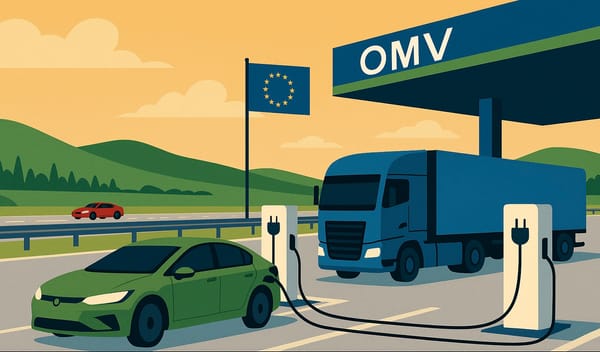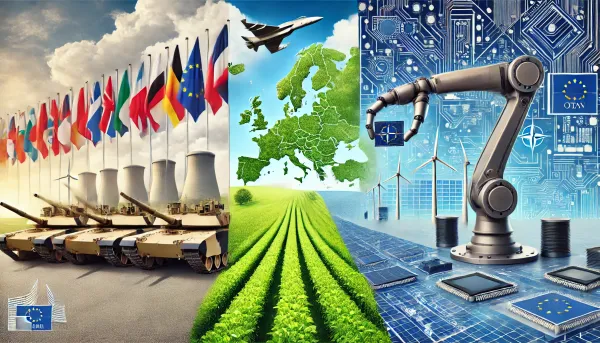
Serbia lithium mine numbers 'pitiful' - analyst
Serbia would receive an annual EUR 31mn from mining rent at current prices, making the planned lithium mine project “not worth even the slightest risk” according to Serbian Academy of Sciences and Arts (SANU) economist Bosko Mijatovic.
Lithium is considered a critical material by the EU and the US, due to its importance for batteries for electric vehicles (EVs) and mobile devices. Globally, lithium production is dominated by Australia, with Chile and China in second and third place. In recent years Serbia has been touted as a possible newcomer to the market, due to its lithium deposits in Jadar, north-west Serbia.
Serbia has said it is looking to give British-Australian global mining group Rio Tinto the go-ahead to create Europe’s largest lithium mine two years after Belgrade shelved the project following huge environmental protests.
In 2022, Belgrade cancelled the licenses for the USD 2.4bn (EUR 2.24bn) project at the site in Jadar, following environmental protests. However, Serbian President Aleksandar Vucic recently told UK daily the Financial Times that “new guarantees” from the EU and Rio Tinto appear to consider Serbia’s earlier concerns over whether the company would include necessary environmental standards.
Numbers don’t add up for economist
According to Mijatovic, the EUR 615mn annual value of lithium production would not ultimately contribute much to Serbia’s national coffers. “Since the president announced a public debate on this issue, I will try to make a modest contribution, starting with basic calculations,” he wrote.
Ergo Strategy Group’s calculations for Rio Tinto are based on a lithium price of USD 15,600 per ton, more than the current price, Mijatovic wrote. “On June 18, 2024, the price was USD 12,900 dollars, the lowest in the previous 35 months, and by July 15, it had fallen another 10%, to USD 11,538”, he noted.
If prices do not increase by more than a third, the Jadar project would incur losses, Mijatovic added. The value of lithium miners and producers’ shares fell by 55.7% in one year, from July 2023 to July 2024, according to S&P Global.
According to Mijatovic, in 2022, it was believed that the revolutionary replacement of internal combustion engines with electric vehicles (EVs) was imminent, so the price of lithium skyrocketed. By the end of 2023, great optimism had waned “as it became clear that there was no revolution”.
EVs are still not that popular with consumers due to higher prices, insufficient mileage per charge, and an inadequate number of recharging points, the SANU economist added.





